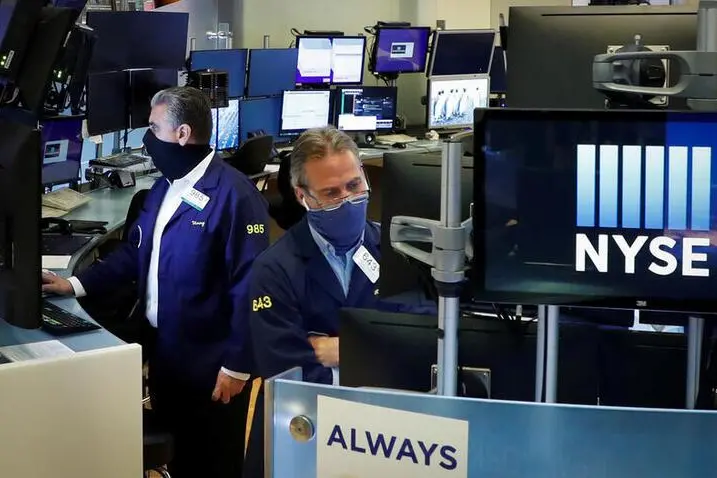PHOTO
(The author is a Reuters Breakingviews columnist. The opinions expressed are her own.)
NEW YORK - Outer space may be a good fit for SPACs. The aerospace startup Astra said on Tuesday that it’s launching itself into the public markets with a special purpose acquisition company called Holicity, at a $2.1 billion valuation. SPACs, effectively shell companies with cash that provide a shortcut to a listing, are well suited to companies reliant on investors’ faith in a distant future. And the final frontier is about as future as it gets.
The California-based firm led by Chief Executive Chris Kemp, who was chief technology officer at NASA, produces small rockets for sending satellites into space. That puts it in an industry whose revenue could hit $1 trillion by 2040, according to Morgan Stanley. Holicity CEO Craig McCaw, a pioneer in offering cellular phone service, knows the satellite industry well.
Investors seem to approve the match, as the blank check company’s stock price soared over 57% after the announcement. Astra launched a rocket into space for the first time in December. Though it missed its orbital target, it showed it was capable of getting there. It’s one of a handful of privately-funded companies to do this, and it did so faster than Elon Musk’s SpaceX.
Like rockets themselves, this is still a risky endeavor. The company says it will begin monthly launches by the end of this year. But its growth expectations are ambitious: it suggests launches could jump to 300 in 2025 from 15 next year, with total launch revenue growing from $47 million to over $1 billion. But this reflects the company’s plan to distinguish itself with more frequent launches in an increasingly competitive industry.
This is why a SPAC is a good fit. First, speed in accessing capital is important as the commercial space race intensifies, and this deal is expected to close in the second quarter. And using blank check companies allow firms to focus more on future projections in their pitch to investors, a practice that is restricted in traditional initial public offerings. That doesn’t mean the price is right, or investors won’t be disappointed – only that while SPACs can sound like rocket science, Astra’s decision to use one is pretty straightforward.
CONTEXT NEWS
- Astra, which makes small rockets to send satellites into orbit, is planning to go public through a merger with Holicity, a special purpose acquisition company, at a valuation of $2.1 billion, both said on Feb. 2.
- They expect the deal to provide up to $500 million in cash proceeds, including a $200 million private investment led by BlackRock-managed funds and accounts. The proposed transaction should be completed in the second quarter of 2021.
(The author is a Reuters Breakingviews columnist. The opinions expressed are her own.)
(Editing by John Foley and Amanda Gomez) ((anna.szymanski@thomsonreuters.com; Reuters Messaging: anna.szymanski.thomsonreuters.com@reuters.net))





















